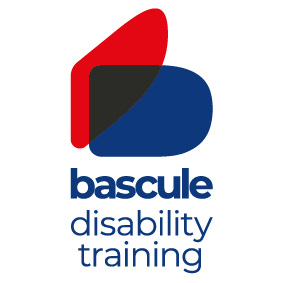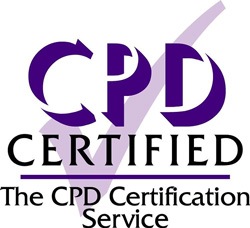Q&A - What does the Equality Act 2010 mean to my business?
Q&A with Chris Jay
This week, our Managing Director- Chris Jay- answers questions on The Equality Act posed by the owner of a medium sized business…
- What does the Equality Act 2010 mean to my business?
A. Firstly, it’s great that you are aware of the Equality Act as you would be surprised at the number of business owners and managers who aren’t! Knowing that it exists and showing an interest in following it indicates that a large part of the battle is already won.
So, before we think about what it means- let’s think about what it is… The act is fundamentally there to offer protection to all people that could be unfairly discriminated against, covering both direct and indirect discrimination (direct being when a person is treated less favourably than another because of their background or characteristics, indirect being when working policy, rule or procedure is applied that puts some individuals or groups at a disadvantage).
It’s also worth remembering that, as well as protecting employees from discrimination, the act exists to protect you as an employer. With 53% of working people with disabilities reporting being bullied or harassed, the number of employment tribunals inevitably continues to rise with the highest award for disability discrimination reaching £242k and the average being just over £30k (in 2017/18).
As a business, it is useful to perceive the Equality Act, not only as a legal requirement, but also as a means of protecting your own company. Furthermore, the act can also enable your business to embrace diversity and should therefore be seen as an opportunity rather than an obstacle.
Creating a diverse workforce is key to a business’s success and allows you to have a varied team that thinks differently, has varied interests, backgrounds and perceptions.
Having a diverse workforce will also allow you to tap into a new talent pool of potential employees. For example, by presenting your business as an accessible company and as an employer of people with disabilities, you will attract further talent to your business. As well as this, it will also positively enhance the way your organisation is perceived publicly.
Furthermore, if you provide a service, are in retail or you are in any way client facing, demonstrating that you are an accessible organisation following the Equality Act (and implementing disability awareness training)- will certainly put you in good stead for improving the way in which your business interacts with the general public.
When you consider that ignoring the needs of people with disabilities as a potential customer base, costs UK businesses around £1.8 billion per month, this presents a clear case for making your business more accessible.
Further to increasing your customer appeal, developing a diversity and equality policy will also mean that loyalty is enhanced- by both the customers you target and the staff you employ. For example, people with disabilities are typically loyal to inclusive organisations, so if your company has made clear adjustments, both as an employer and a business, customers will inevitably return, and staff retention will certainly improve.
it is also worth considering that disability is something that can occur - in fact, only 17% of people are actually born with a disability, 83% acquire it later in life. In total, 780,000 people become disabled every year, therefore it is impossible to think that disability won’t ever affect your business or hasn’t already!
In addition, an inclusive organisation will allow the people who work for you to feel comfortable in disclosing a hidden disability- as well as generally make them a more understanding and empathetic workforce.
So, to go back to your question- What does the equality act mean to my business? well, it can mean whatever you want. You can perceive it as an obstacle and make minimal changes, or you can embrace it and -not only protect yourself from tribunals- but also improve staff retention, grow your appeal to new customer bases, improve your staff’s interaction with the public, create a more positive brand, develop an empathetic working environment – and potentially increase your bottom line.
I know what I would do…



